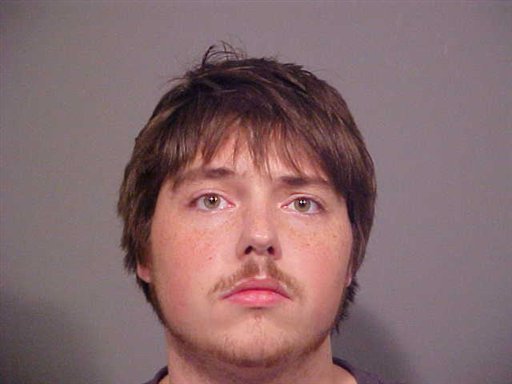Newark man accused of sending threatening email to Columbine investigator:
28-year-old Patrick James Gauchel of Newark, Ohio, has been arrested for sending threatening e-mails to an investigator of the Columbine massacre.
Gauchel is accused of sending “threatening, intimidating and retaliation-type messages” to Kate Battan, an investigator with the Jefferson County sheriff’s office in Golden, Colo., Newark Police Capt. Al Zellner said yesterday.
Gauchel did not know Battan but apparently was familiar with her role in investigating the massacre in Littleton, Colo., on April 20, 1999.
I can almost guarantee you that Gauchel is a mutant. E-mailing someone connected to the Columbine tragedy is like getting an autograph to them. Alvaro Castillo sent an e-mail to the principal of Columbine, Frank DeAngelis, before he went on his shooting spree. I know of at least one un-incarcerated mutant that e-mailed Mr. DeAngelis.
Mutants also think they have a better understanding of Columbine, even though none of them were there. But since most of them are mental midgets, they can’t get their point across without resorting to threats.
Getting back to Gauchel, he must have been 19 or 20 when Columbine happened. You would think one would be out of high school by that age, but you never know. I’m curious to see how Gauchel identifies with Columbine, considering he shouldn’t have even been in school when it happened.
Gauchel is looking at a max of 6 years behind bars.




